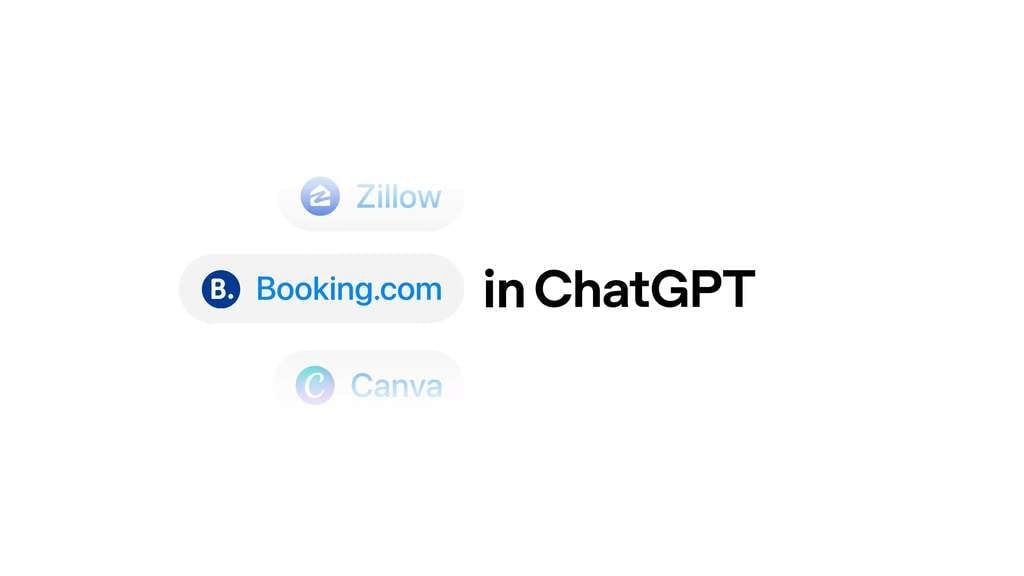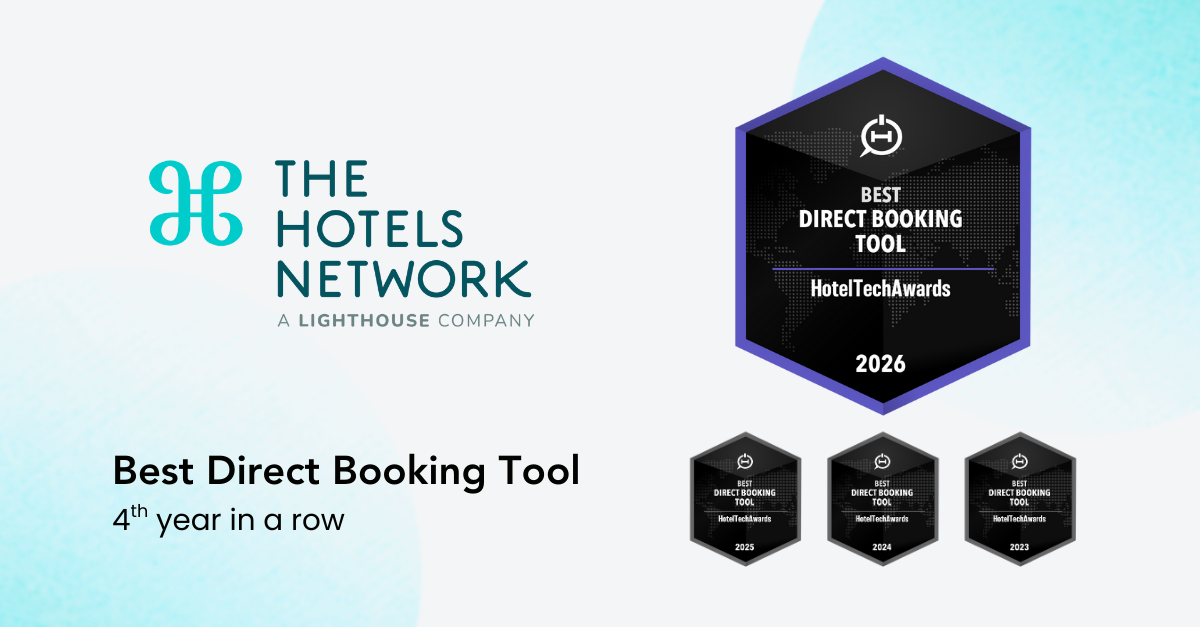Hotels are entering their iPhone moment as AI assistants like ChatGPT reshape travel discovery. Learn why AI visibility, data control, and direct bookability now define hotel success.

26, Nov 2025
By Juanjo Rodriguez
ChatGPT recently launched Apps, a new way for brands to show up in AI conversations. And I mean show up everywhere. When the iPhone App Store launched in 2008, it reached 6 million users. ChatGPT Apps launched to 800 million users. That's 133 times larger, on day one.
This is the first structural shift in travel discovery since Google Search reshaped hotel marketing 25 years ago. And it's moving faster than anything we've seen before.
When travelers used Google, hotels learned to play by its rules. Search optimization became a discipline; advertising budgets followed; entire careers were built around ranking higher in a list of blue links.
That game is over.
Now, travelers aren’t typing into a search bar, they are asking questions directly to AI assistants like ChatGPT, Claude, Gemini, or Perplexity:
“Find me a boutique hotel in Lisbon under $300.”
“What’s the best family-friendly resort in New York for the holidays?”
This isn't merely theoretical. Booking.com and Expedia launched in ChatGPT this month. Right now, travelers are searching, comparing, and booking hotels through AI conversations.
For travelers, this is the new entry point, the digital front door of travel discovery. For hotels, it’s a new distribution channel that doesn’t look like anything we’ve dealt with before. And we’re not at the beginning of an experiment; we’re already deep in the rollout.
The new ChatGPT Apps are the front-end for the user experience, while the back-end is based on the MCP protocol, which was created by Anthropic less than a year ago and adopted by all the major AI companies. It's a structured data channel that feeds AI assistants verified, up-to-date hotel information.
If your hotel isn’t part of that ecosystem, AI doesn’t know you exist; or worse, it knows you only through outdated, incomplete data. When travelers ask, “What’s the best hotel in Madrid with a rooftop pool?”, the AI decides based on the data it can access. Generic data? OTA feeds? Those sources win. But if you're directly connected, the AI shows your brand, your images, your real-time rates, and completes the booking on your site.
That’s the core idea: visibility, understanding, and bookability inside AI ecosystems.
In the early 2000-10s, smart hoteliers learned how to win on Google. The playbook was clear: optimize your website, manage reviews, buy ads, watch your position. It took years, but the effort paid off and early adopters built a moat of visibility that lasted a decade.
AI discoverability follows the same logic. Except it's happening ten times faster.
Google took eight years to dominate travel search. ChatGPT did it in two. Hotels that establish AI connections now will define how AI understands their brand. Those that wait will be reduced to scraped blurbs and generic OTA descriptions.
Hotels that establish connections early will define how AI understands their brand. Those that wait will find themselves reduced to scraped blurbs or generic OTA descriptions.
There’s no “wait and see” phase here. Just like mobile bookings were once a small percentage and now dominate, conversational search will become the norm for discovery.
Once AI platforms form their preferred data sources, those preferences harden, just like Google rankings did. Early movers lock in visibility. Late movers pay a premium for inferior positioning.
Imagine a traveler planning a trip. A traveler asks ChatGPT to find hotels, compare options, check rates, and book. They see two, maybe three recommendations. That's it.
If you're not on that shortlist, your website doesn't matter. Your brand doesn't matter. You're not ranking lower, you're excluded entirely.
The good news is that this transition offers hotels a chance to take back control, not through marketing campaigns, but through data ownership.
When you connect directly to AI platforms, you decide how your property is represented. You provide the descriptions, the imagery, the brand language. You make sure pricing is accurate and live. In essence, you’re defining your hotel’s digital identity in the new world of AI travel.
That’s why I believe this is the iPhone moment for hotel distribution. It’s a technological leap, but also a mindset shift. In 2008, brands that built apps early defined mobile engagement. Hotels that establish AI presence now will set the standard for how their properties are discovered and understood. Those that wait will be playing catch up on someone else's terms.
Every hotelier should be asking three questions right now:
At THN, we’re working on this connection layer, which we call Connect AI, a data infrastructure that ensures hotels are visible, understood, and bookable across the major AI platforms.
Think of it as a new AI Engine alongside your website and booking engine. Your website is for human visitors, your booking engine is for transactions, and your AI connection layer is for intelligent agents that represent travelers.
It’s not marketing technology. It’s infrastructure, the way your property talks to AI. This layer ensures that when someone asks an AI assistant about hotels in your destination, it can show your verified data, your brand story, and your direct rates.
In five years, AI visibility will be as basic as having a website or a Google listing. The only question is whether you'll be positioned for it, or scrambling to catch up.
Google took eight years to reshape travel search. ChatGPT did it in two. The first-mover advantage won't last long. OTAs are already positioned. Your competitors are making moves. The 800 million-user channel is open.
Stop waiting. Start connecting.

Posted At Jan 29, 2026

Posted At Jan 19, 2026

Posted At Jan 12, 2026
Check out our BenchDirect Insight Reports by destination
